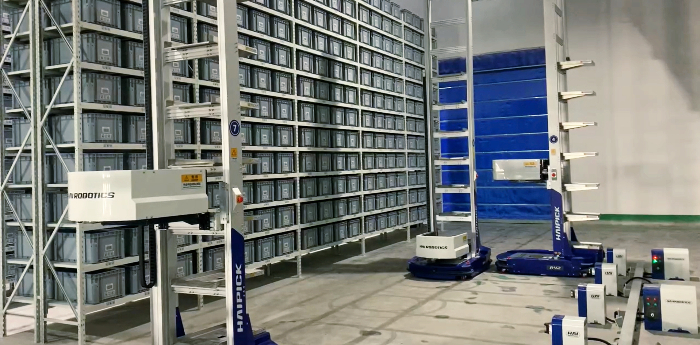International development organisation Transaid is calling on cyclists from across the transport and logistics industry to saddle up for Hadrian’s Cycleway this Autumn, as it prepares for a team of up to 40 riders to tackle the 157-mile route across a stunning World Heritage Site.
The group will depart Whitehaven on 16 September and pedal to South Shields over two full days of cycling, with funds raised being used to support Transaid’s life-saving work in sub-Saharan Africa, where it is focused on improving road safety and increasing access to healthcare for rural communities.
Launching this latest UK challenge, Florence Bearman, Transaid’s Head of Fundraising, says: “Hadrian’s Cycleway is set to be one of the most stunning rides we’ve ever undertaken in the UK, with a chance to see the famous wall itself, along with Roman forts, museums, quaint villages and stunning market towns.
“As is customary with our challenges, it will also be a great opportunity to network with colleagues from across the industry, both during the ride and in a series of team meals – culminating in a celebratory dinner on the third and final night.”
The route comprises a mixture of on-road and traffic-free sections, running primarily on country lanes and quiet roads, interspersed with sections of traffic-free path, promenade and riverside path. As most of the route is either on minor roads or well surfaced off-road tracks most bikes are suitable, although full slick or racing bike tyres are best avoided.
Bearman adds: “If you’ve always wanted to take on a coast-to-coast challenge, this ride should be perfect. It’s suitable for cyclists of all abilities, provided you are reasonably saddle fit and have completed some basic training.”
The coastal sections at either end of the route are relatively flat, and there are only a few steep, short hills in the central section. Riders will climb approximately 300m over 65 miles of cycling on the first day in the saddle, and 900m over 85 miles on the second day’s riding.
Transaid is welcoming entries from individuals and teams, with demand expected to be high. There is a registration fee of £99 with participants asked to raise a minimum sponsorship of £1,400 to take part.
The package includes three nights’ accommodation with meals, refreshment stops on riding days, luggage transfer and access to support vehicles along the route.
For more information about the challenge, and to sign up, please contact Florence Bearman on +44 (0)7875 284 211, or email florence@transaid.org.
Last September, a team of 30 riders completed the 170-mile ‘Way of the Roses’ challenge with Transaid, cycling from Morecambe to Bridlington, raising more than £45,000 in the process.







